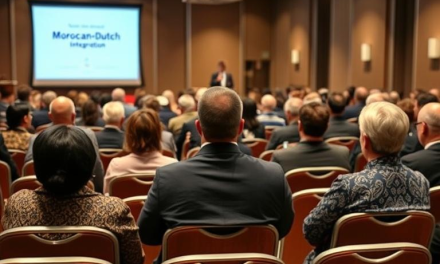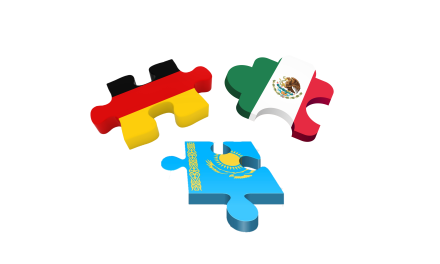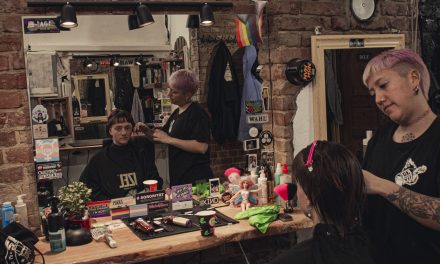March 15, 2020. Dutch government declared a lockdown due to the severity of Covid-19. The nightlife was central to the socio-cultural life of society and a source of vivid memories for many people. Groundbreaking music by DJs, smokey dancefloor, and dancing with strangers have been on a complete pause yet for those who find dancefloor as their second homes – they have been direct targets of severe mental health in the time of Covid-19. Those who are deeply affiliated with the nightlife shared their opinions about mental health, how the wrong image of the nightlife influenced no talk about mental health on the dance floor, and where to get help.
Depression and loneliness
Tim (33), first experienced the nightlife at the age of 18. Ever since he experienced the nightlife, he has been always surrounded by music and working in nightlife. He opened his opinion about losing a former colleague due to suicide who worked as a programmer at the club last January. “For those who knew him, it was a complete shock, including me. It was a wake-up call that we really have to talk about mental health more and check up on each other. I am also currently on therapy to deal with the depression that I neglected for many years”. He emphasized that since the pause of the dancefloor, not only he lost his place to work but also a place where he could free himself. To him, not being able to visit the dance floor made him feel more lonely and isolated. With the help of his friends and therapy, he is mainly working on how to connect with his thoughts and emotions.
Alternative options
Meanwhile, the dance floor is currently on pause, nightlife related initiatives and clubs have been working on launching alternative options in how to make a virtual dancefloor. The alternative options were taken from hosting Zoom parties to podcasts and radio shows. Even with the alternative options, however, the nightlife cannot be completely replaced. Yet, to people who are affiliated with the dance floor, they mentioned these alternative ways in how to replace the dancefloor make them miss more of the lively vibe of the nightlife.
Prejudices about nightlife
Nightlife has been dealing with negative connotations in society for years. For those who are not party go-ers, it appears as a place filled with drugs, alcohol. For those who are affiliated with the nightlife, the club, and its entertaining look, having a talk about mental health and seeking help was simply not the option. When nightlife served as a safe place for those who needed a place to go, the dance floor went silent and lost its true meaning when nightlife first evolved as a space for people who needed their place to liberate themselves without any prejudice from others.
Night mayor Amsterdam (Nachtburgemeester Amsterdam) has been actively serving its role on how to make a diverse, inclusive, and safe nightlife. Night mayor Amsterdam’s Chairman, Ramon de Lima shared the safe club ethnics, how the organization supports the staff who seek help as a bridge, and ultimately how the escapism and hedonism look brought wrong perceptions of nightlife.




